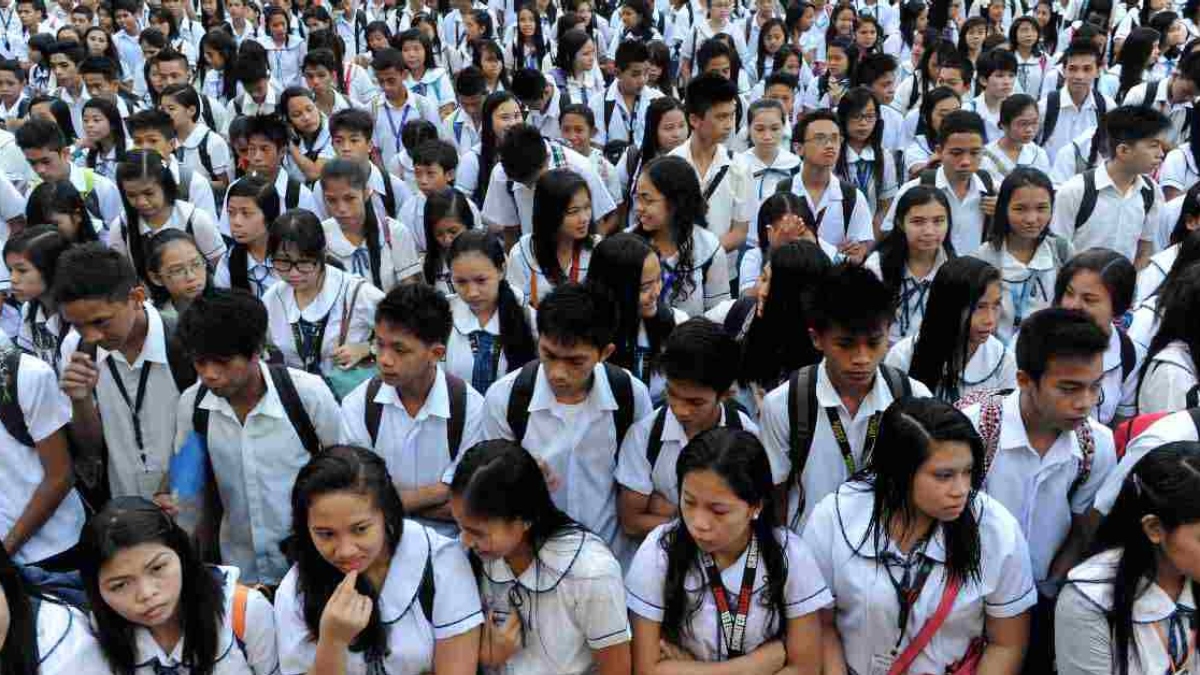A new House bill aims to reform the K-12 education system by offering alternative pathways for students, reducing the financial burden on parents. House Bill 11213, titled “An Act Providing Education Pathways for Basic Education Students,” was recently approved on its second reading.
Lone Pasig Representative Roman Romulo, Chairperson of the House Committee on Basic Education and Culture, stated in a Life! report that the bill allows qualified Grade 10 students to bypass senior high school (SHS) and proceed directly to college or university by passing an advanced placement exam. Students who choose this route will follow a “University Preparatory Program” with a curriculum designed to meet college admission requirements without the current track or strand system.
For those who do not meet the criteria for a university program, the bill provides an alternative path through the Technical-Vocational Program, overseen by the Technical Education and Skills Development Authority (TESDA). This option aims to refine and enhance technical skills for employment readiness.
Romulo highlighted the need for multiple education pathways to address the diverse abilities and talents of Filipino students. “It is imperative to establish education pathways tailored to individual strengths while fostering opportunities for academic and technical excellence,” he said.
The proposed amendments come amid dissatisfaction with the current K-12 system. A 2022 Pulse Asia survey revealed that 44% of Filipinos were dissatisfied with the program, while a 2020 study by the Philippine Institute for Development Studies (PIDS) found that only 20% of SHS graduates immediately joined the labor force, with many pursuing higher education due to employer preferences for degree holders.
Romulo emphasized that the bill aims to equip students with the necessary skills for their chosen careers and provide them with better opportunities to excel, whether in academic or technical fields.
Republic Act No. 10533, known as the Enhanced Basic Education Act of 2013, initially introduced the K-12 program to align the Philippine education system with global standards. However, critics argue that reforms are necessary to make it more responsive to the needs of students and the labor market.






